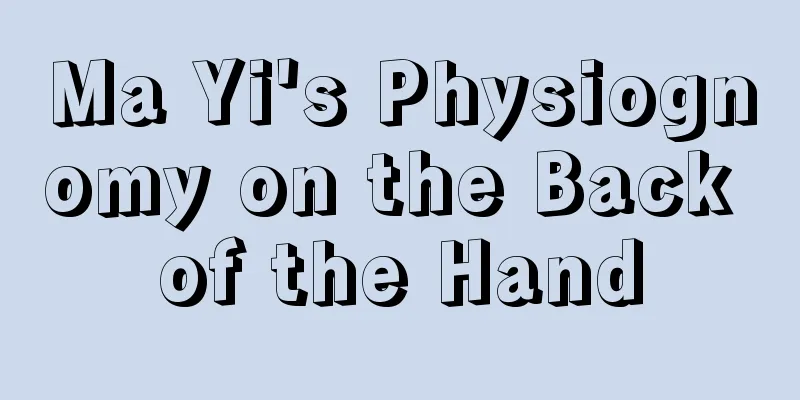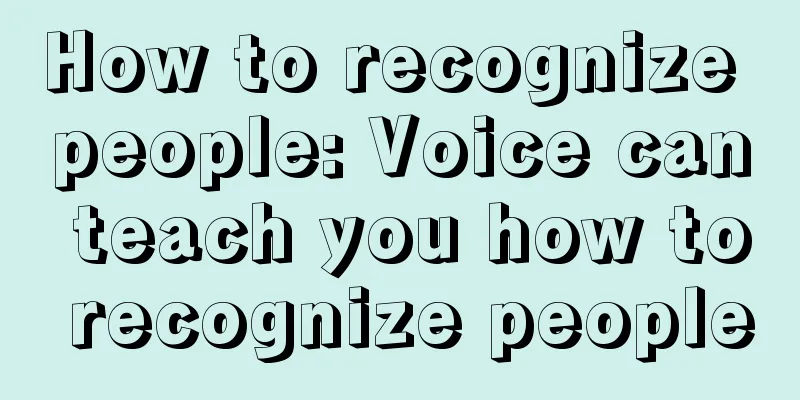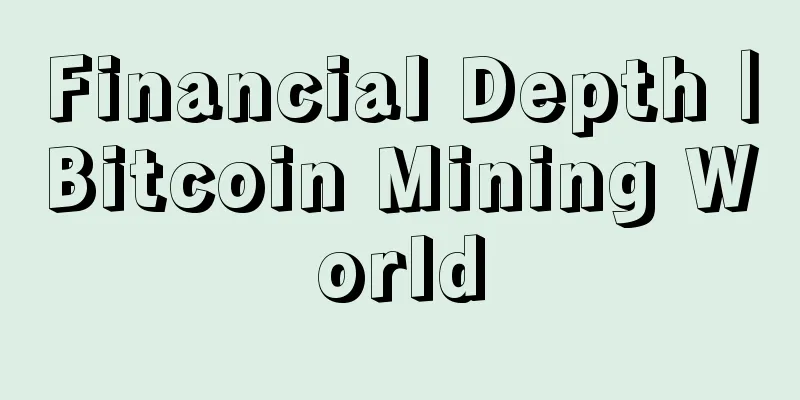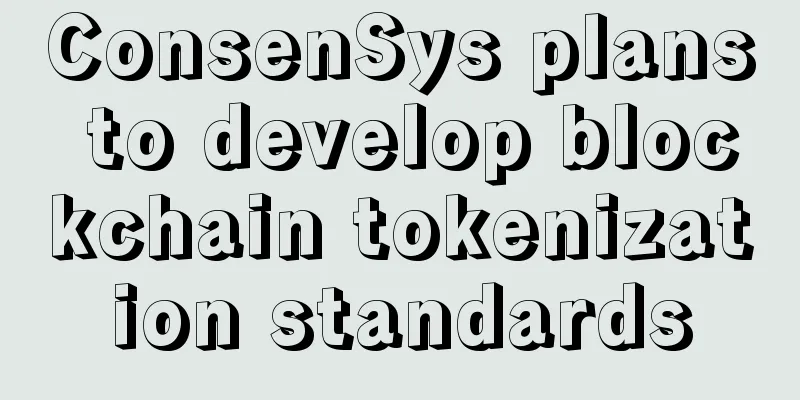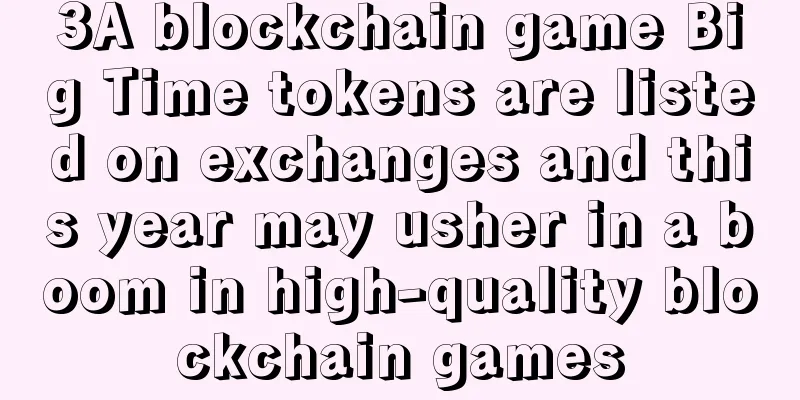Factcom envisions a new generation of voting system based on blockchain
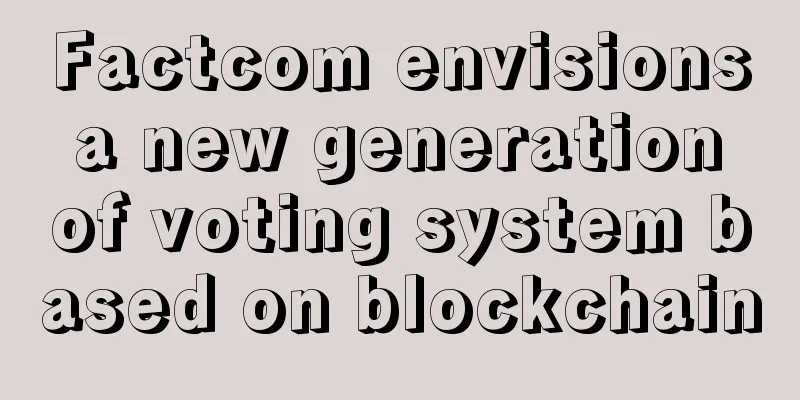
|
The blockchain network has the properties of transparency and decentralization, and can establish anti-repudiation and anti-damage data records, which can be applied to a wide range of fields such as authentication and authorization. So far this year, well-known financial institutions, banks, governments, law enforcement agencies, and top educational organizations have spent millions of dollars researching these applications. Some funds have invested directly in several blockchain startups, aiming to build authentication, authorization and record verification platforms and develop smart contracts based on them. Startups such as Bitproof and Ascribe are using blockchain technology to develop decentralized, automated and tamper-proof recordkeeping systems, allowing individuals to embed property claims and intellectual property rights into blockchain-based smart contracts. Bitproof believes:
Austin-based Factom has released a number of products to support startups and research institutions in deploying and building blockchain applications, such as blockchain networks, which include data management, auditing and compliance systems. According to foreign media reports, because of the transparency of these networks, the solutions provided by Factom are suitable for almost all organizations. Large financial institutions can deploy Factom to audit all financial transaction data in real time, and health organizations can track communication data for the Federal Health Insurance Portability and Accountability Act (HIPAA). Factom believes its infrastructure could also be used by governments to create decentralized, automated voting systems. Factom CEO Peter Kirby said:
More and more organizations and political groups are proposing to develop a blockchain-based system to create a more fair and transparent voting environment. In 2014, the Danish political party Liberal Allicance proposed the use of electronic voting technology. “Blockchain is trustless because the technology runs automatically without human intervention, and it’s open source and transparent so anyone can understand what’s going on. It doesn’t get more liberating than that – so it was an obvious choice.” One of the new projects recently created by Nasdaq is to migrate shareholder proxy voting mechanisms to blockchain solutions. In October, CEO Bob Greifeld announced that Nasdaq will verify blockchain technology to better manage and streamline proxy voting procedures and establish a new Nasdaq market in Estonia. In the United States, a blockchain technology company is using distributed ledger technology to replace aging voting infrastructure with a secure, open-source solution. "America's voting machine technology is a potential disaster," the company believes. Blockchain technology companies believe:
Some developing countries, such as Guatemala, have suffered from serious election fraud or voting fraud, and these countries can also benefit from decentralized blockchain election systems or electronic election systems. Guatemalan President
Due to the growing protests and anger in Guatemala, the United Nations formed a commission, the International Commission against Impunity in Guatemala (CICIG), to help Guatemalans vote in a fair election.
In many cases, a decentralized and transparent record-keeping system based on blockchain can expose the shadowy forces behind electoral fraud, so international mediation organizations such as the United Nations or CICIG will not be needed. But technology is only part of the equation and is far from perfect. As Kirby explains:
Factom does not plan to build such decentralized voting and election systems alone. The company is planning to partner with organizations that need these systems. Kirby added:
Original article: http://bravenewcoin.com/news/factom-dreams-of-a-new-generation-of-blockchain-based-voting-systems/ |
<<: Hong Kong Bitcoin Scaling Workshop Day 2: Developers’ Different Views on Hard Forks
>>: Applications beyond your imagination in collateral mechanism and prediction market
Recommend
Wang Yonghong, Director of the Central Bank: The technical framework for the realization of digital currency as legal tender
With the rapid development of Internet technology...
People with a hollow in the philtrum have good eloquence
Some people have a strange philtrum, with a hollo...
BTC hash rate drops nearly 50% after China cracks down on mining
summary 1. According to Block Research data, BTC ...
What does thumb palmistry represent?
Everyone knows that our ten fingers are of differ...
The life fortune of people with moles on their necks
We often ignore moles on the neck because it is d...
XBIT Tao Maowen: A brief discussion on my country's legal digital currency DCEP
On Wednesday, the French central bank, the Banque...
Why did OKEx avoid the network outages on the 19th and 24th?
Wu said author | Colin Wu Editor of this issue | ...
Are hairy moles good? Is it auspicious to have hair on a mole?
As one of the traditional physiognomy techniques, ...
Overstock appoints former Utah gubernatorial candidate as chairman of Medici, its blockchain company
Rage Review : E-commerce giant Overstock announce...
Monkey nose facial features
Monkey nose indicates poverty Characteristics of ...
Bitcoin Core Chief Code Maintainer: 3 Plans to Decentralize Bitcoin Development
Note: The original author is Wladimir van der Laa...
World's first physical statue of Satoshi Nakamoto unveiled in Hungary
András Győrfi said: "No matter who he or she...
No matter what happens, you should take a photo first.
In the past, when mobile phones were not popular,...
What is the best face for a man?
Everyone wants to have a good face, and a good fa...
How to judge people by their appearance?
As the saying goes, "Don't judge a book ...


